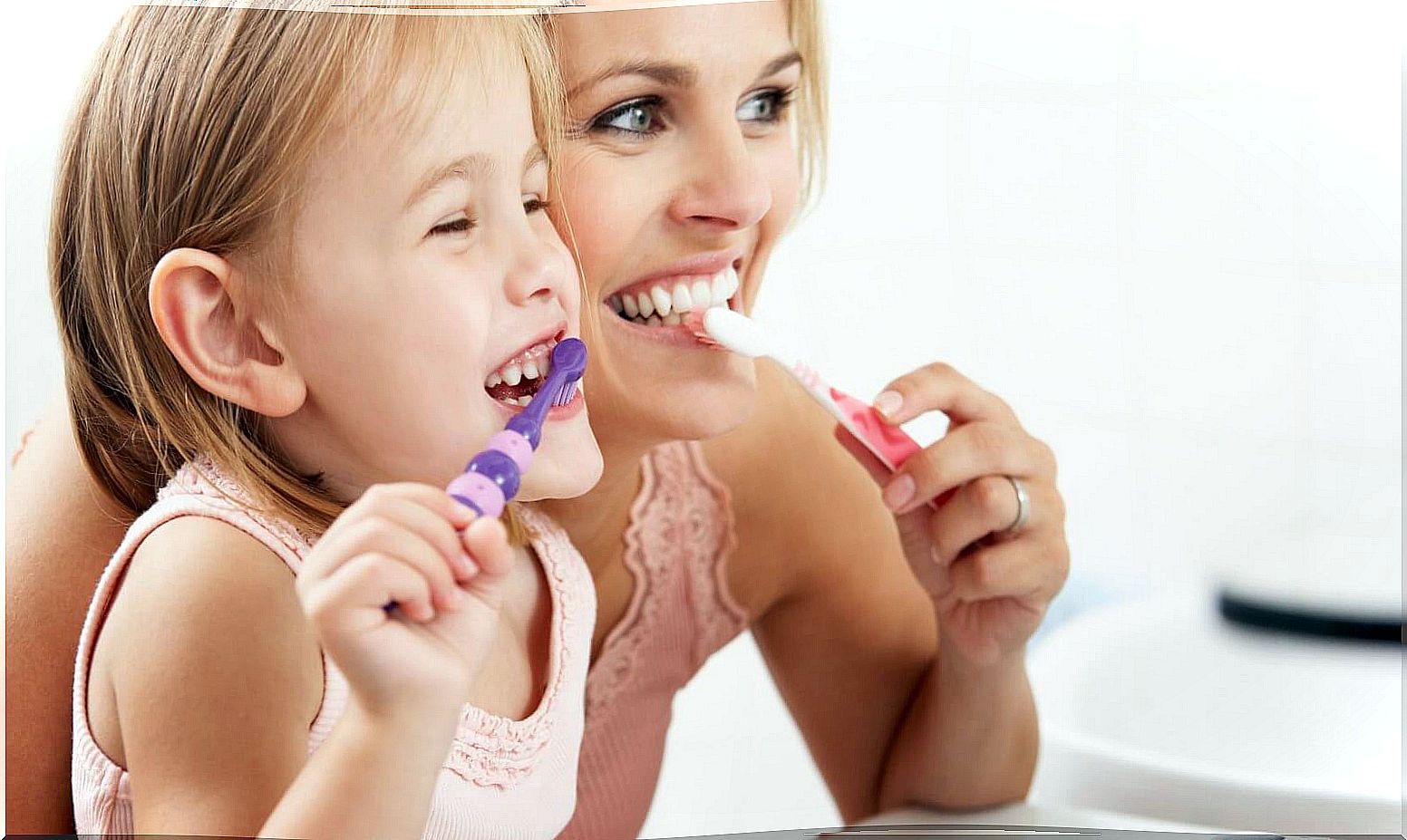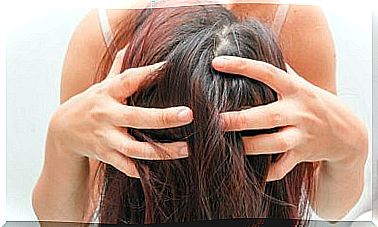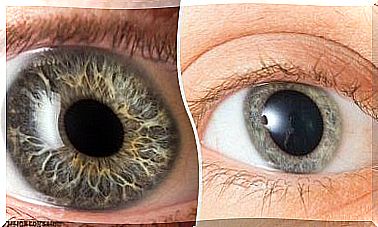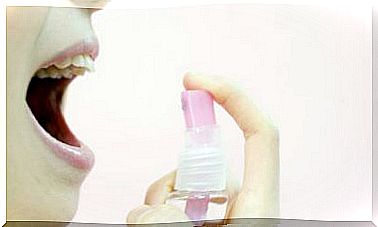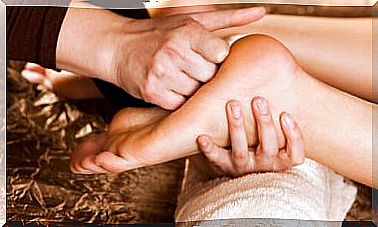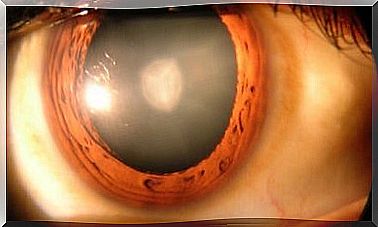Dental Check-up In Children
The dental check-up of the smallest of the house is the starting point for good oral health, in addition to good dental cleaning habits. Parents should not only guide them in their training, but be an example of it.
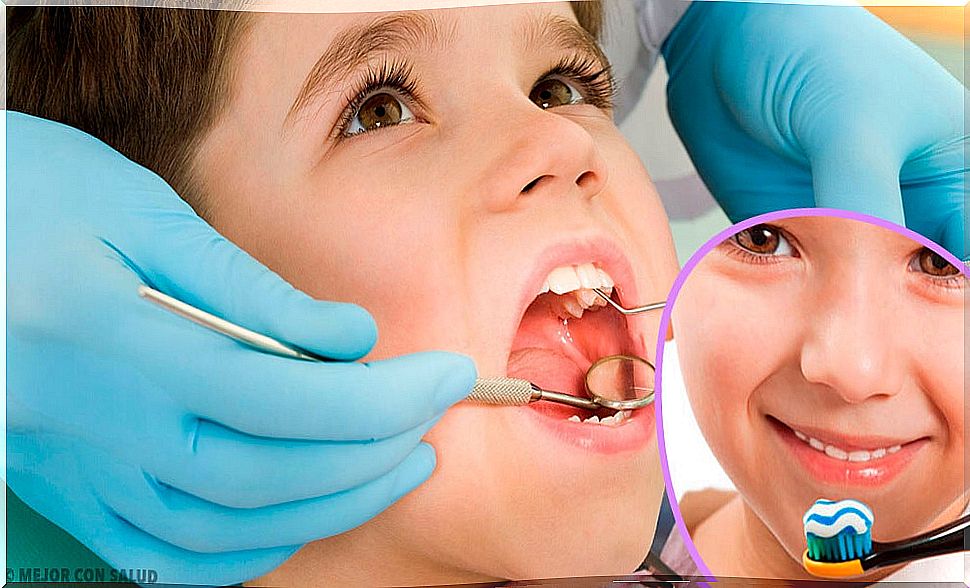
Promoting oral hygiene habits from the early years is essential. But only a constant dental check-up in children will help prevent cavities, infections or other damage that can cause pain. Or worse, affect their nutrition or development.
No matter how much experience you think you have, it is the dentist who can provide the best guidance on grooming techniques and the areas of greatest demand and care, depending on the child’s growth phase. Each visit is an investment in health that will pay you back for the rest of your life.
Why promote dental check-ups in children ?
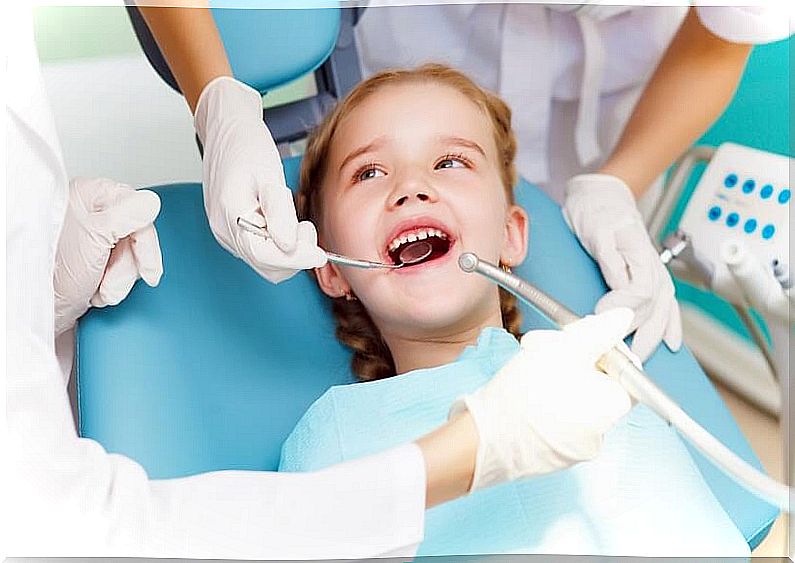
There is talk of good oral hygiene when the teeth look neat. The gums show a rosy coloration and the breath is pleasant. However, in order to meet all these “parameters”, it is vital that adults ensure dental check-ups of children from an early age.
Previously, it was advisable to start dental check-ups at 3 or 4 years, when the milk teething is complete. Today, this review is recommended at 12 months due to the increase in caries cases in preschool children. Also to the need to establish more efficient and timely prevention measures.
In the first visit, the dentist will create the child’s medical history, review their history and rule out bite changes, bottle cavities or other abnormalities. Thereafter, medical scans should be done every six to 12 months. Depending on the findings made by the specialist.
A timely dental check-up in children reinforces oral cleaning habits. As well as compliance with a favorable diet and the modification of counterproductive behaviors. These include sucking on the fingers or biting inappropriate objects.
How to face the first dental check-up of the little ones?
Children’s fear of the dentist is almost general . The sound of the tools, the chair, the lights, the aromas and the environment can intimidate them, but this does not mean that consultations should be suspended.
On the contrary, trust must be sown from a very young age. Establishing examination visits so that they become familiar with the environment and the doctor.
Waiting for an incident to occur or for a treatment to be indicated can be detrimental. It can even generate trauma that will hinder future procedures. To make dental check-ups more enjoyable for children, as parents, the following strategies can be used:
- Choose the most suitable specialist. Select a trusted child dentist with a space specially designed for children.
- Dialogue. They should be explained what the doctor does, what will happen in the consultation and what is the reason for it. Also, you can resort to techniques such as showing some related cartoons or playing the doctor and the patient.
- Do not express your own fears or past painful experiences. Neither use the dentist to threaten or punish, it would feed the phobia.
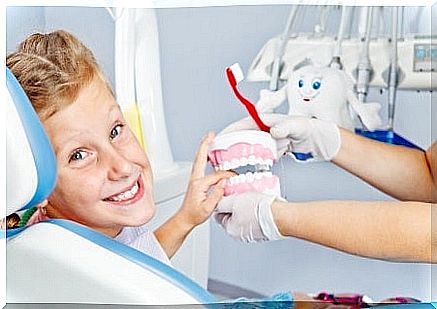
How to ensure the oral health of children?
From birth, there are many actions that can be applied to assist the proper formation of teeth, but under no circumstances should the dental check-up of children be ignored.
In meetings with the dentist, the process of tooth eruption is monitored. Guidelines are established for good brushing and postures are established to act in the face of trauma or similar situations.
Among other recommendations to guarantee the dental health of the smallest of the house are:
- Use a soft, damp cloth to sanitize the baby’s gums, before and after sleep, and after every meal. When the first baby teeth appear, you can start using a brush with delicate bristles to exert a deeper action.
- Avoid pacifiers or other products that can disturb bone growth.
- By 6 years, the child may be able to use the brush on his own. Before and after this, parents must take care of brushing to ensure that it is carried out correctly.
Baby teeth care and hygiene programs
Taking care of baby teeth is key, since they maintain the space that will be occupied by the permanent ones. If they were to get lost, that area could be limited and orthodontics would have to be resorted to in the future to solve this problem.
Also, it is very important to consider complying with a more cautious hygiene program from the age of 4 and 6, at the time the child begins to change his teeth. If there is an injury that causes fissures or detachment of the tooth, it is very important to see a doctor.
